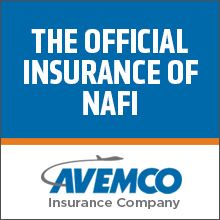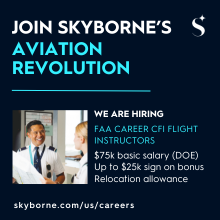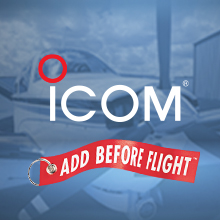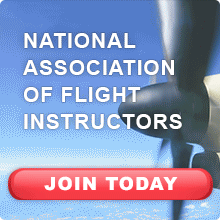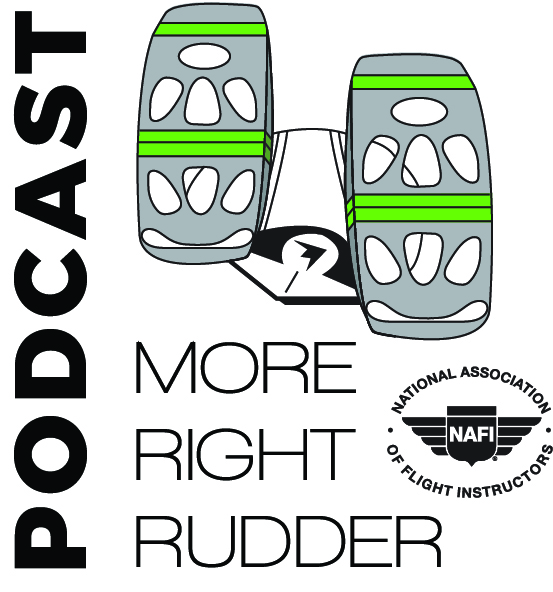| From NAFI's Chair |
Learning From Non-Aviation ProfessionalismI had to go to the dentist last week. Nothing special, just a routine checkup and cleaning. No problems were found. The reason I'm telling you about this isn't to complain about dentists or even routine medical appointments in general, because, on the face of it, this really doesn't have anything to do with NAFI or even aviation. The reason I bring it up is because of the trust involved. I was allowing a dental hygienist, someone with sharp implements in her hands, to reach deep into my mouth. She also had a small hose in her hand with which she could easily soak or even drown me, if she so chose. At the same time, she trusted me not to reflexively bite her hands while she was flossing my teeth and doing all the other things necessary for good dental hygiene. Finally, when I did mention a slight sensitivity in one of my molars, I allowed the doctor to reach in to my mouth with a small hammer to tap it (good news - there's nothing on the X-ray and the tap test only rang in my ear). At this point, you've either figured out where I'm going or you're convinced I've taken leave of my senses. Well, perhaps you're correct on the latter, but my point is about why I implicitly trusted these professionals. It was their concern for my welfare and giving me control of the situation - I could stop the process at any point it went beyond my pain threshold. At the same time, I allowed them to trust me by being as helpful and cooperative as I could be, although they were in complete charge of the situation. Sound familiar? Isn't this what the flight instructor/learning pilot situation is like? We take people, regardless of skill level, into situations that may be uncomfortable for them, such as initial stall and spin training. Or we take pilots that are further along and show them emergency procedures, take them into short, narrow runways, towered (if they learned at non-towered) or non-towered (i f they learned at towered) airports, into IMC for the first time, and so on. We are trusted because we show professionalism in our approach and empathy for how they feel. We help them get past their discomfort to the benefits on the other end of the learning curve by caring without giving up control of the process. At the same time, the learning pilot being prepared and accepting of our efforts fulfills the contract. So next time you place yourself in the hands of non-aviation professionals you trust and value, consider how they approach the process. It'll help Short Takes Evidence Shows JFK Learned to Fly at Embry-Riddle's Seaplane Base in 1944 Dallas Love Field to Implement 'Fair Share' GA Landing Fees Postal Service Honors First American Woman in Space pass the time and illuminate how you teach. Bob Meder,
NAFI Board Chair
|

